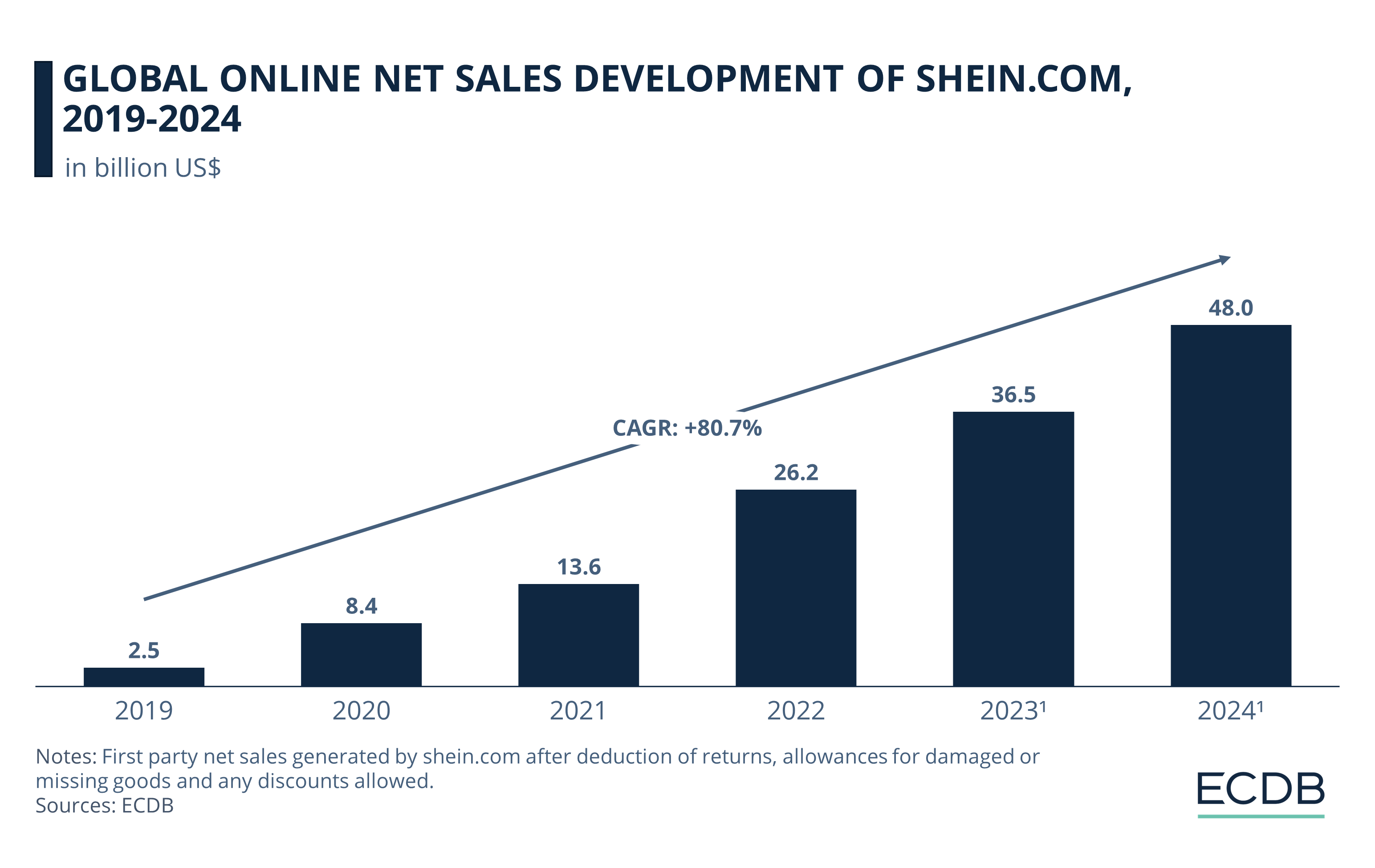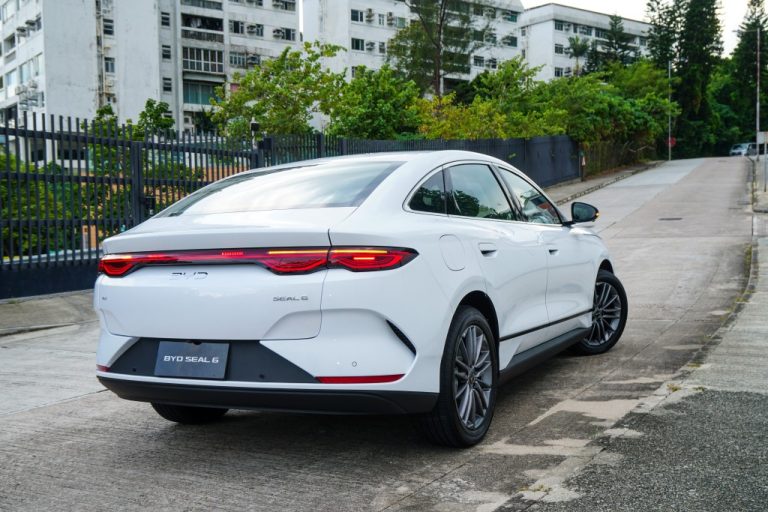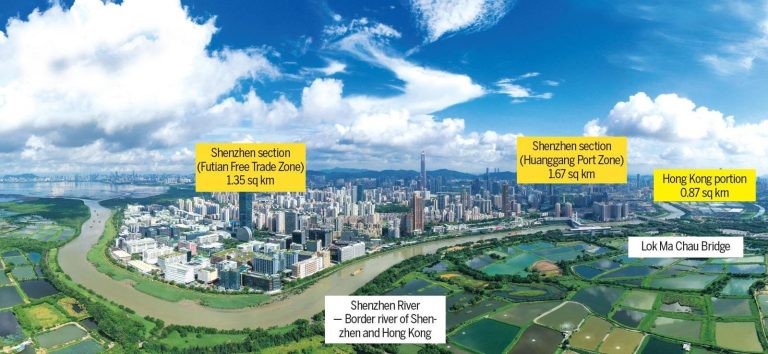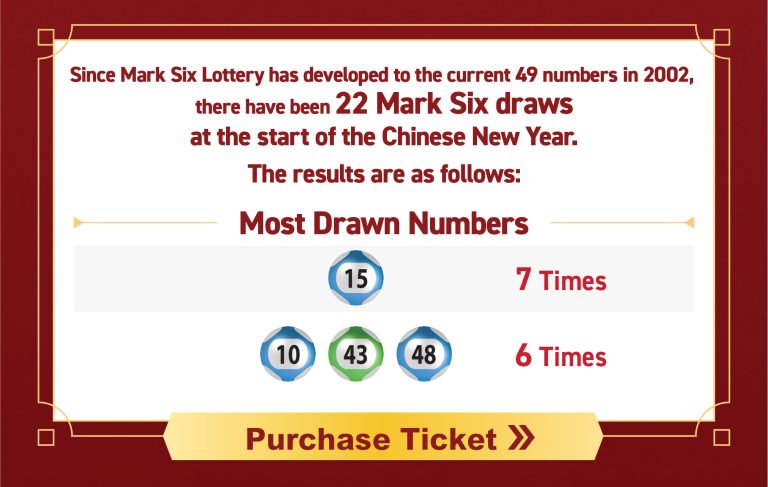The European Union is taking decisive action against the flood of cheap Chinese imports that have been reshaping the online retail landscape. In a move that signals growing concerns about international e-commerce competition, the EU is preparing to implement a bloc-wide handling fee targeting popular platforms like Shein, Temu, and Alibaba.
Originally planned for a later date, the European Commission has now accelerated its timeline, pushing to introduce the new fee by early 2026—more than two years ahead of the initial schedule. This strategic intervention aims to address a significant challenge facing European retailers: the massive influx of ultra-low-cost products from Chinese online marketplaces that have been undercutting domestic businesses.

The proposed handling fee represents a carefully crafted response to a complex economic issue. Currently, many small packages from Chinese sellers bypass traditional import taxes and duties due to their low declared value, creating an uneven playing field for European businesses. These e-commerce platforms have disrupted traditional retail markets by offering products at remarkably low prices, putting immense pressure on local retailers who must comply with stricter regulations and bear higher operational costs.

EU Trade Commissioner Maros Sefcovic has been instrumental in driving this initiative, recently sending a letter to the bloc’s finance ministers urging them to approve the expedited implementation. The core objective is clear: create a more equitable environment that protects domestic businesses while maintaining the principles of open trade.

While the exact fee structure remains undefined, the broader strategy is to increase the cost of small parcels shipped from overseas, effectively reducing the significant price advantage that Chinese e-commerce platforms currently enjoy. This approach goes beyond simple protectionism, representing a nuanced attempt to balance international commerce with local economic interests.
The move reflects deeper tensions in trade relations between the EU and China, highlighting the bloc’s growing determination to scrutinize and respond to perceived global commerce imbalances. Companies like Shein and Temu, which have gained massive popularity by offering extraordinarily cheap products, are now facing increased regulatory scrutiny.

This initiative could potentially set a precedent for other regions grappling with similar challenges in the e-commerce landscape. By taking a proactive stance, the EU is signaling its commitment to supporting domestic industries while adapting to the rapidly evolving digital marketplace.
The broader implications extend beyond immediate economic concerns. The handling fee represents a strategic response to the complex dynamics of global trade in the digital age, where traditional barriers are increasingly challenged by online platforms that can quickly and cheaply ship products across international borders.
As the European Commission pushes for swift agreement among finance ministers, the retail and e-commerce sectors are watching closely. The outcome could reshape how international online commerce operates, potentially inspiring similar approaches in other markets around the world.
For consumers, this might mean slightly higher prices for imported goods, but for European businesses, it represents a critical lifeline—a chance to compete more fairly in a market that has been dramatically transformed by digital platforms. The EU’s approach demonstrates a sophisticated understanding that protecting local economies doesn’t mean closing borders, but creating more balanced and sustainable trading conditions.












